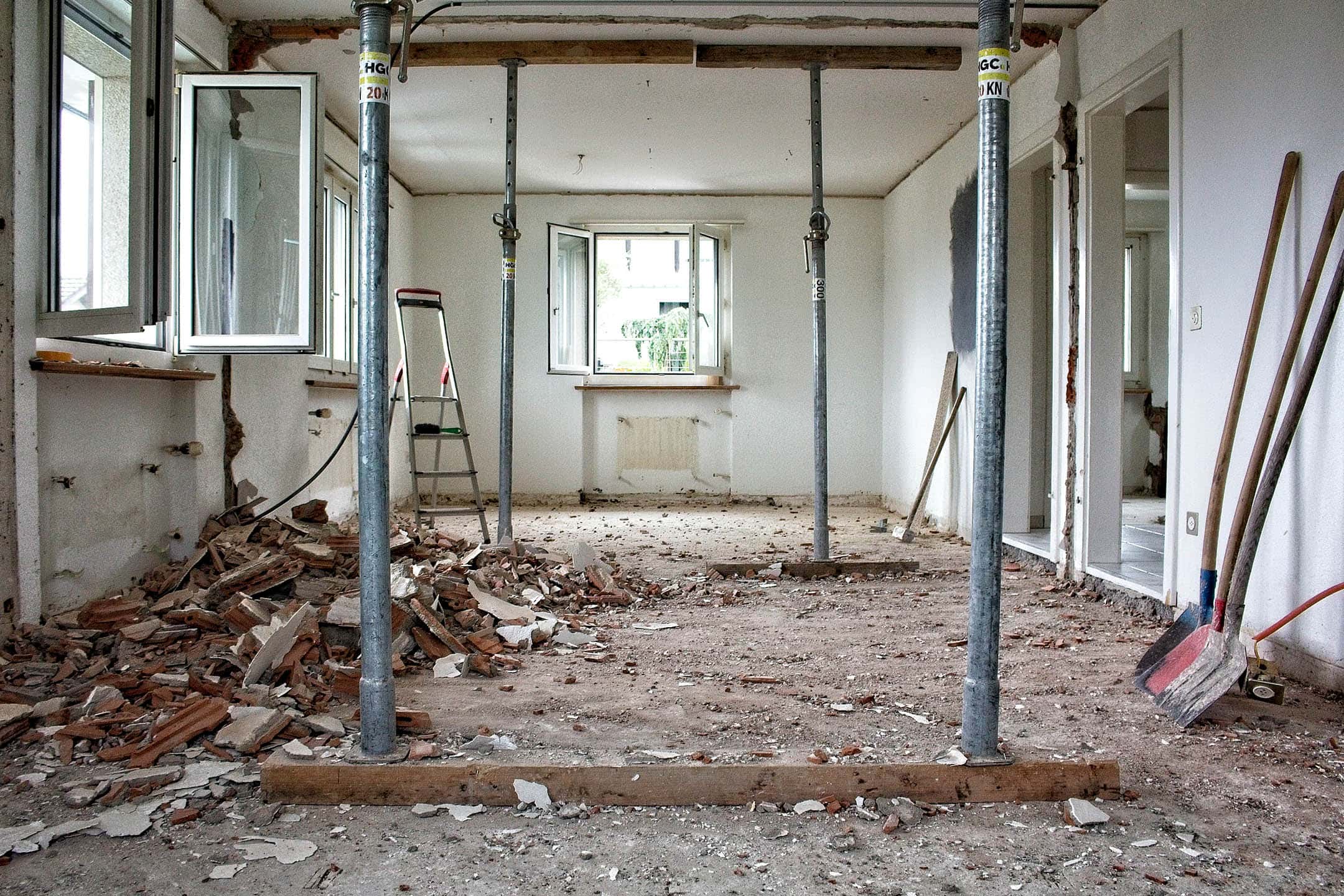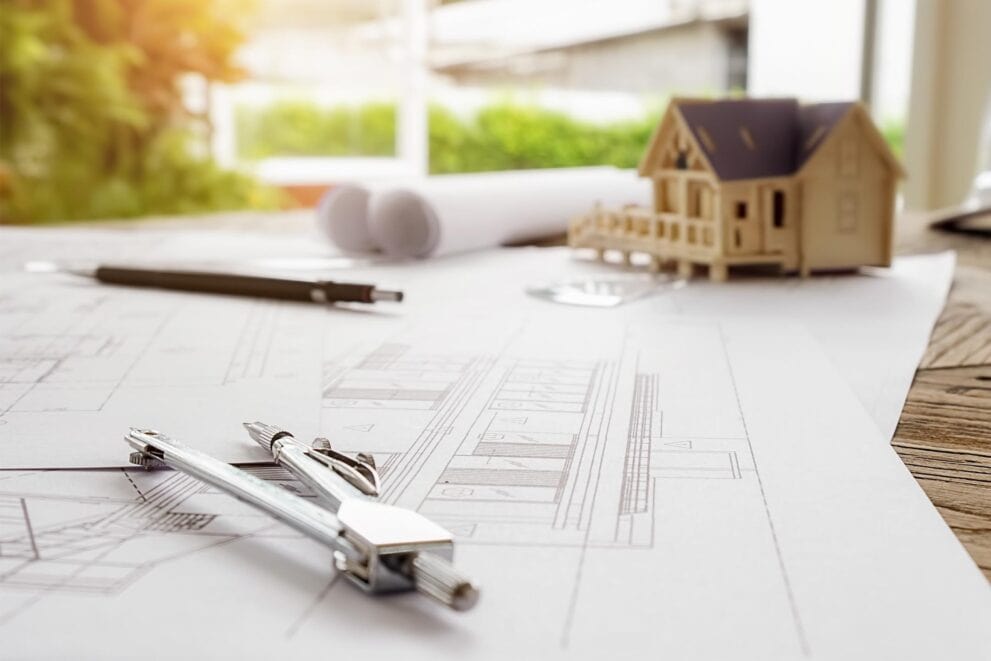Buying a new-build home is one of the biggest financial decisions most people will ever make. With it comes the expectation that everything is covered – especially if something goes wrong during or after construction. But what happens if the builder suddenly goes out of business, is unable to be contacted or walks away from the project?
Builder insolvency is more common than many realise. Whether due to financial mismanagement, unexpected market conditions or overstretched operations, even reputable contractors can face liquidation. The concern for new homeowners is obvious: who completes the build, fixes defects or honours the building warranty if the builder is no longer around?
This guide explains how building warranties are affected when your builder goes out of business or AWOL and what steps you can take to protect your investment.
What Is a Building Warranty?
A building warranty (also known as a new home warranty) is an insurance-backed guarantee that covers newly built homes against structural defects or faulty workmanship for a set period. It’s usually arranged by the builder or developer before construction begins and offers reassurance to both buyers and lenders that the property meets recognised standards.
What’s Typically Covered (and What’s Not)
Most building warranties cover structural issues, such as problems with walls, foundations or roofing, as well as significant defects resulting from poor materials or workmanship. However, they don’t usually cover general wear and tear, minor cosmetic issues or problems caused by lack of maintenance. Damage resulting from natural disasters or alterations made after completion may also fall outside of the policy’s scope.
Standard Warranty Periods in 2025
In the UK, most building warranties are valid for 10 or 12 years from the date of practical completion. The first two years are often covered by a ‘developer liability period’, during which the builder is responsible for fixing defects. After that, the warranty provider typically handles structural claims directly.
The Problem: Builder Goes Out of Business or Disappears
Common Scenarios (Bankruptcy, Liquidation or Walk-Offs)
Builders can become insolvent for a variety of reasons, including cash flow issues, poor project management or market downturns. In some cases, a builder may declare bankruptcy or enter administration. In others, they may abandon the project entirely; leaving homeowners in limbo with incomplete or defect-ridden properties.
Who Becomes Responsible?
When a builder is no longer trading, they are unable to fulfil obligations under the initial agreement, including rectifying any post-completion defects. This leaves the homeowner reliant on the building warranty provider to step in, assuming the warranty was properly arranged and remains valid.
Impact on Homeowners and Ongoing Construction
The practical effects of a builder’s disappearance can be stressful and costly. Homeowners may be left with unfinished work, unclear liability for defects or the task of hiring new contractors. If a warranty isn’t in place, the financial responsibility for repairs or completion often falls entirely on the buyer.

What Happens to Your Warranty?
Is It Still Valid Without the Builder?
Yes. Provided the policy is insurance-backed, the building warranty remains valid even if the builder is no longer trading. This is one of the key benefits of arranging a warranty through a reputable provider. The insurer assumes responsibility for handling claims, giving homeowners a vital safety net.
Role of Insurance-Backed Warranties
Insurance-backed warranties protect the homeowner regardless of the builder’s trading status. If structural defects arise and the builder has gone bust, the warranty provider pays for the repairs, subject to the terms of the policy. Without this type of coverage, homeowners may have no recourse.
How to Protect Yourself Before It Happens
Choose Builders with Structural Warranty Insurance
Always confirm that your builder has arranged a valid structural warranty through a UK finance-approved provider. These warranties are typically required by mortgage lenders and ensure you’re covered if things go wrong.
Ask for Policy Details Upfront
Before signing a contract, request full policy documentation and check who the insurer is, when the warranty starts and what’s included. A builder unwilling to share this information can be a red flag.
Check Their Financial Health and Reviews
Research your builder’s background. Check for recent insolvencies, CCJs or poor reviews. Speaking with previous clients or checking professional accreditations can also help you make an informed decision.
What to Do If Your Builder Disappears
Step-by-Step Actions to Take
If your builder stops responding or you learn they’ve ceased trading, act quickly. Gather all your contracts, emails, receipts and warranty documentation. These records will be crucial if you need to make a claim or seek legal support.
Contacting the Warranty Provider or Insurer
Reach out to the warranty provider immediately. They will advise on how to file a claim, what evidence is required and what steps will be taken to investigate the issue. Prompt action can speed up the claims process and reduce further problems.
Legal Options if No Coverage Exists
If a warranty was never arranged or your builder failed to register the property, your legal options may be limited. You could pursue a claim through the courts or insolvency practitioners, but these routes can be both expensive and uncertain.
Real-World Example
Case Study of a Builder Collapse
In 2023, a medium-sized developer in the Midlands ceased trading halfway through a 12-home site. Several properties were already sold, while others were incomplete. Buyers panicked, fearing major financial losses and delayed completions.
How the Homeowner Was (or Wasn’t) Protected
Fortunately, the developer had registered each plot under a reputable building warranty scheme. For those already in completed homes, the warranty provider honoured structural claims. For unfinished plots, the warranty allowed another contractor to step in, with costs covered by the insurer. Buyers whose builders failed to register their plots were not protected and faced substantial repair bills.
Why It Pays to Ask the Right Questions Early
Don’t Assume – Ask Before You Build
Too often, buyers assume all new builds come with the same level of protection. But not all builders use trusted warranty providers, and some may skip registration altogether. Asking for documentation and understanding your coverage early can prevent major headaches down the line.
The Peace of Mind That Comes from Proper Coverage
A valid building warranty gives homeowners peace of mind; knowing they’re protected against builder insolvency, structural defects and incomplete work. In a high-value purchase like a home, that kind of reassurance is worth prioritising.
FAQs
Will My Home Be Finished?
If your builder arranged a valid warranty, another contractor may complete the work under the insurer’s direction.
Can I Transfer the Warranty If I Sell the Home?
Yes, most building warranties are transferable to new owners within the policy period.
What If I Can’t Reach the Warranty Provider?
Check the insurer’s contact information on your warranty certificate or speak to your solicitor for guidance.
For expert advice and to ensure your property is protected by a comprehensive building warranty, speak to BuildSafe. Our team will help you choose a UK finance-approved provider and make sure your investment is robustly protected from the start.






